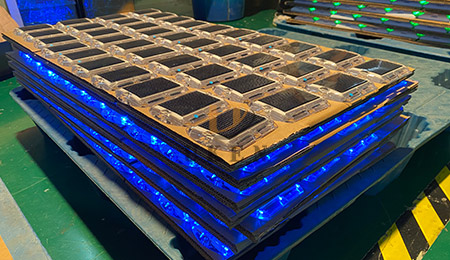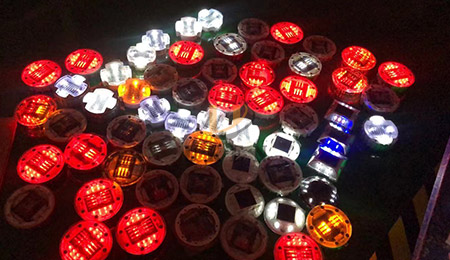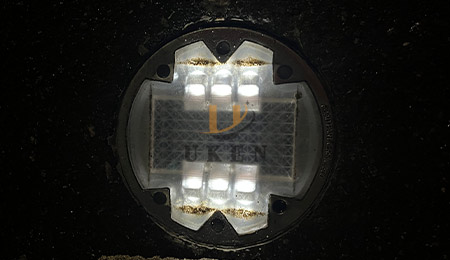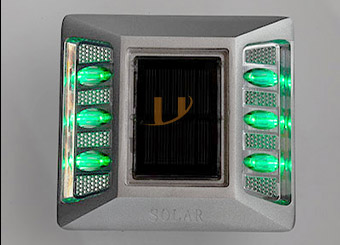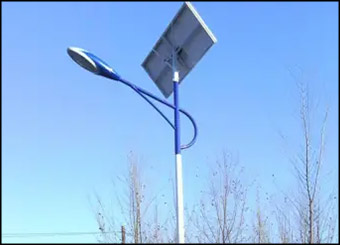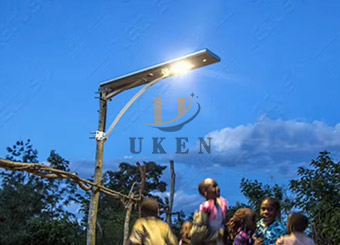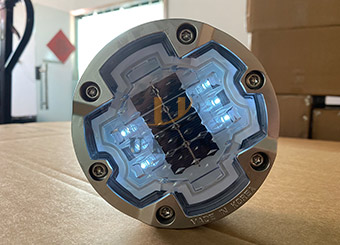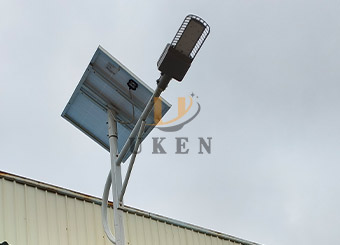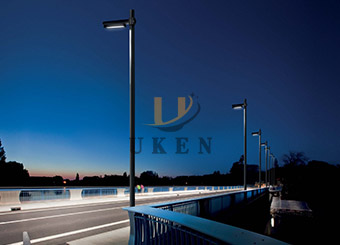Solar road studs are increasingly being used to enhance road safety and visibility. These devices, which harness solar energy to power embedded LED lights, are available in various materials, primarily plastic and aluminum. Each type has its unique set of advantages and disadvantages. This article explores these attributes to help stakeholders make informed decisions about their use in different contexts.
Plastic Solar Road Studs
Advantages:
1. Cost-Effective: Plastic solar road studs are generally more affordable than their aluminum counterparts. The lower material cost makes them a popular choice for large-scale projects with budget constraints.
2. Lightweight: The lightweight nature of plastic studs simplifies transportation and installation. This can be particularly advantageous in remote or difficult-to-access areas.
3. Corrosion Resistance: Unlike metal, plastic is inherently resistant to corrosion. This makes plastic road studs ideal for use in coastal regions or areas with high humidity and frequent rainfall.
4. Versatility: Plastic road studs can be molded into various shapes and sizes, providing greater flexibility in design and application.
Disadvantages:
1. Durability:
Plastic solar road stud lights are generally less durable than aluminum ones. They are more susceptible to damage from heavy vehicles, extreme weather conditions, and vandalism.
2. Lower Impact Resistance: The lower impact resistance of plastic makes these studs less suitable for high-traffic areas, where they might need to withstand frequent and heavy loads.
3. UV Degradation: Prolonged exposure to sunlight can cause plastic to degrade over time. This can lead to a decrease in structural integrity and performance.
Aluminum Solar Road Studs
Advantages:
1. Durability: Aluminum solar road studs are highly durable and can withstand heavy loads and harsh environmental conditions. This makes them suitable for high-traffic areas and locations with extreme weather.
2. High Impact Resistance: Aluminum’s strength provides excellent impact resistance, ensuring that the
solar stud lights remain functional even under significant pressure and impact.
3. Longevity: Aluminum studs typically have a longer lifespan compared to plastic ones. This reduces the frequency of replacements and maintenance, leading to long-term cost savings.
4. Heat Dissipation: Aluminum has excellent heat dissipation properties, which helps in maintaining the performance and longevity of the solar components within the studs.
Disadvantages:
1. Higher Cost: The primary disadvantage of aluminum solar road studs is their higher cost. The initial investment required for
aluminum studs is significantly more than for plastic ones, which can be a barrier for some projects.
2. Heavier Weight: The heavier weight of aluminum makes transportation and installation more challenging and labor-intensive compared to plastic studs.
3. Corrosion Risk: Although aluminum is generally resistant to corrosion, it is not immune. In certain environments, such as areas with acidic soils or high salt concentrations, aluminum studs may still corrode over time.
4. Potential Theft: Due to their higher material value, aluminum studs are more prone to theft compared to plastic ones, posing a security risk.
Both plastic and
aluminum solar-powered road studs have their own sets of advantages and disadvantages, making them suitable for different applications. Plastic studs are cost-effective, lightweight, and corrosion-resistant, but they fall short in terms of durability and impact resistance. On the other hand, aluminum studs offer superior durability, impact resistance, and longevity, but at a higher cost and with potential corrosion issues.
The choice between plastic and aluminum solar road studs should be guided by specific project requirements, budget constraints, and environmental conditions. By carefully considering these factors, stakeholders can select the most appropriate type of solar road stud to enhance road safety and visibility in their specific context.
